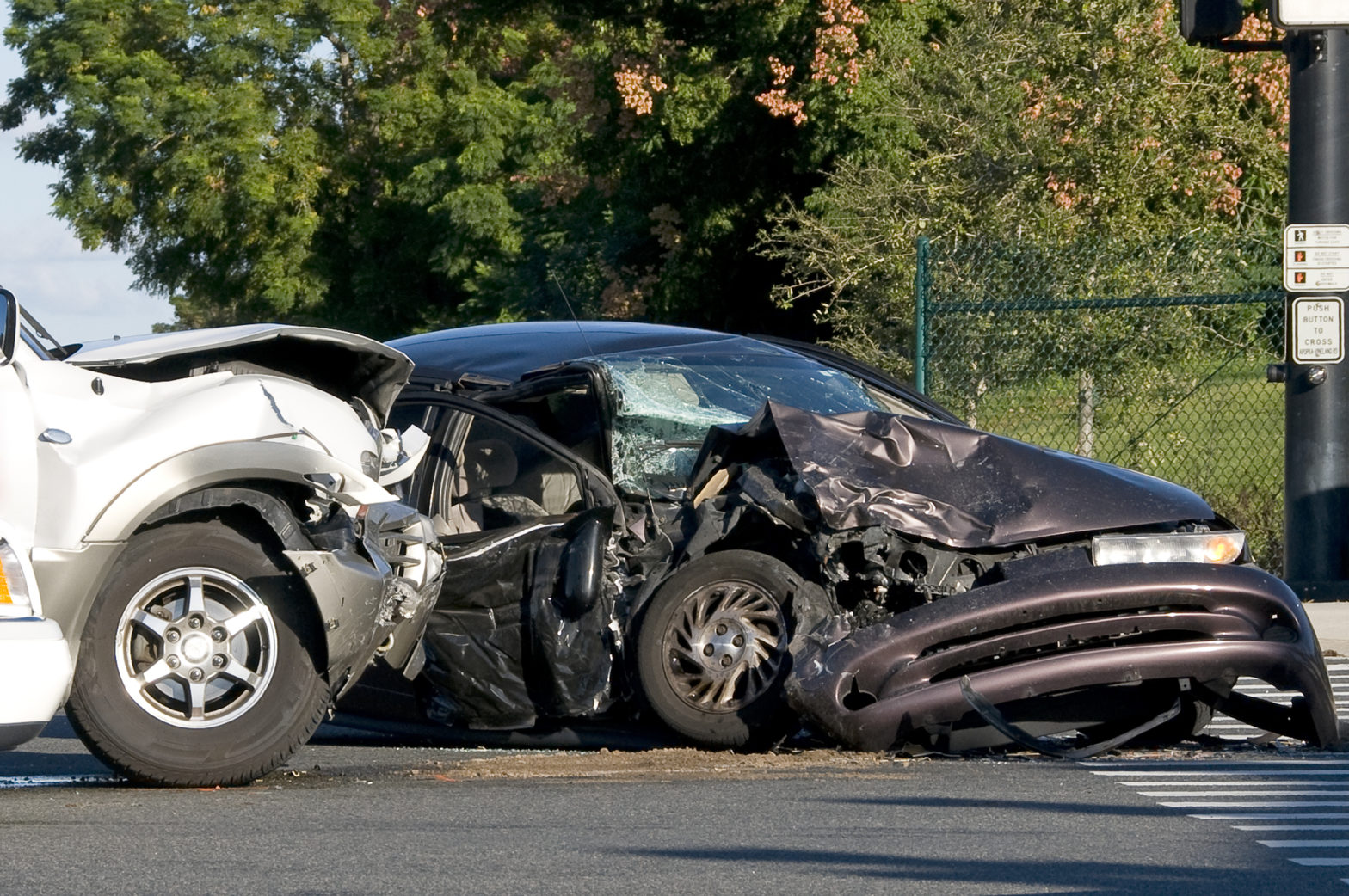
Are you a Florida resident who has just been involved in a multiple-car accident? If you responded in the affirmative, then you are not alone.
Florida has one of the highest incidences of multiple-car accidents of any U.S. state. A bunch of car pile ups on various state highways and city streets paints a picture of how dangerous the state can be for motorists.
Recently, the Florida Turnpike was the site of a multiple-car accident. Prior to this, another multiple-car accident occurred in the same area, killing one person and injuring several people.
Last October 2021, a 15-car pile-up sent at least six people to the hospital in Orlando. In 2018, an accident involving five cars killed two people in Miami.
Indeed, it would seem that driving in Florida, by default, puts you at a risk for a chain-reaction car accident. If you get in such an accident, your injuries can be severe, and getting compensation can be challenging. What presents itself as an obstacle to your personal injury claim is determining liability,
Car pileups can be messy, to say the least. Proving who is to blame for the incident on your own is an uphill battle.
However, liability can be proven with an experienced car accident lawyer. Find out more about who is liable following a multiple-car accident in Florida.
Who Is Liable for a Multiple-Car Accident in Florida?
At the scene of a multiple-car accident, cars and debris may be everywhere. Hence, knowing which vehicle caused the collision is not always an easy task for law enforcement personnel already on the scene.
An investigation following the incident aims to determine who is liable. More specifically, the investigation has the goal of proving who made the first collision. The driver of the vehicle that made the first collision is liable during a multiple-car accident in Florida.
The presumption is that a multiple-car accident stems from the negligence of one motorist. Unless the investigation yields evidence of the car crashes occurring simultaneously, the car that made the first contact is the cause.
Let us look at an example.
Imagine that you were driving along the Florida Turnpike when a vehicle rear-ends you. The collision was so abrupt that three other cars crashed into the one that collided with yours. In this scenario, the car behind you crashed first. This makes the driver of that vehicle liable for the multiple-car accident.
The first-collider rule applies in car crashes involving three cars. It also applies when more than three vehicles are involved.
What Evidence is Gathered After a Multiple-Car Accident?
Determining liability is possible through an investigation. Every investigation of a car crash requires evidence, and evidence can take many forms. Law enforcement officers corroborate the statements of the parties involved with the following pieces of evidence:
- CCTV footage
- Witness testimonies
- Locations of damage to the vehicles (i.e., the positions of dents or disfigured panels)
- Damage to tires
- Skid marks
Because compensation is predicated on the injuries a driver or passenger sustains, the following will also be gathered during an investigation:
- Injuries
- Physician reports or findings
- Lab diagnostics like x-rays
Although Florida is an at-fault state, third-party liability still exists. For this reason, information about the following will also count towards the investigation:
- Road conditions at the time of the incident
- Weather report or forecast
- Problems with the vehicle that made the first collision
The presence of the above-mentioned can potentially shift liability away from the first collider. If a driver could not have reasonably been aware of problems with the vehicle, he or she can file a third-party personal injury claim.
Are There Ways to Limit Liability for a Car Crash?
The answer to this question is “yes.” While a negligent driver can still be liable for a multiple-car accident, some situations may have made the incident unavoidable. Proving the presence of these circumstances can be resourceful in establishing limits to a party’s liability in the incident.
Unforeseen Contingencies
Situations like an electric pole falling on the street are not always avoidable. For this reason, liability can shift. Of course, the presence of emergencies needs to be supported by evidence.
Car Problems That the Driver Could Not Have Reasonably Been Aware Of
When a car collides with another, it may be because there are problems with the vehicle. If the driver was not aware of vehicular issues like mechanical problems, the liability can shift to a third party. The third-party can either be the manufacturers of the vehicle or the auto company that recently made repairs to the faulty part.
Force Majeure
Unforeseen natural disasters can make roads unsafe for driving. Hence, force majeure serves as a mitigating circumstance that can supersede negligence as the cause for a car crash.
Comparative Negligence as a Result of the Other Driver Being Under the Influence of a Substance
In Florida, the severity of injuries plays a factor in the settlement amounts for compensation. However, if the other driver was under the influence of alcohol or other banned substances, he or she may be liable. This liability will be present whether the driver was the first collider or not.
In this situation, the intoxicated driver may be held liable and must pay other drivers for their injuries.
Wrapping Up
Proving who is liable for a multiple-car accident can mean the difference between being compensated and paying out of pocket for expenses. If you have been involved in a car pile-up, proving who is at fault on your own can be an uphill battle.
When building a case for your personal injury claim, you need help. You need a lawyer who knows the ins and outs of the law as well as he or she knows the streets of Florida.
Call us now and receive legal counsel and representation that puts you behind the wheel of a personal injury claim in Florida.
Have you been injured in an accident or fall? Do You have question and want to know your legal options. Call 386-255-6400 for a free consultation and remember there is NO FEE unless WE Win.
